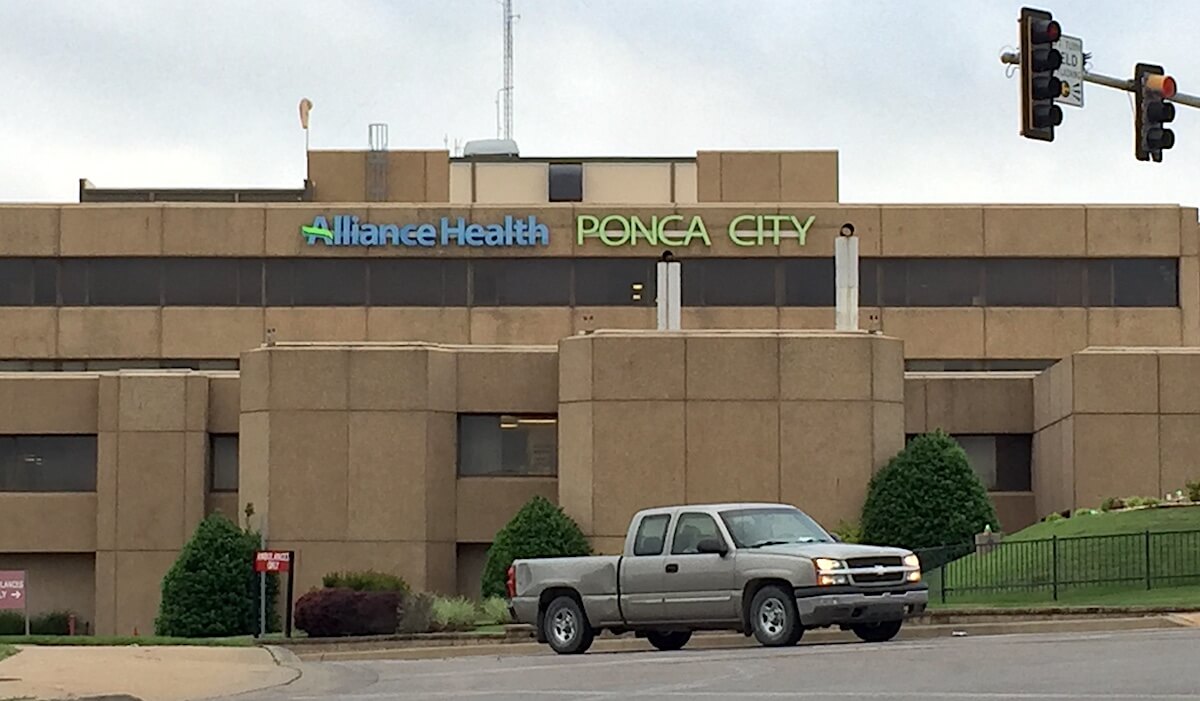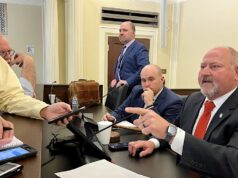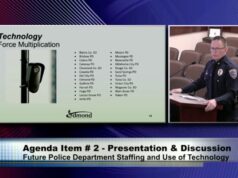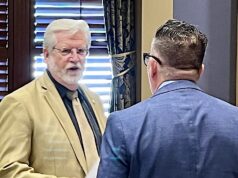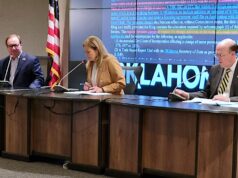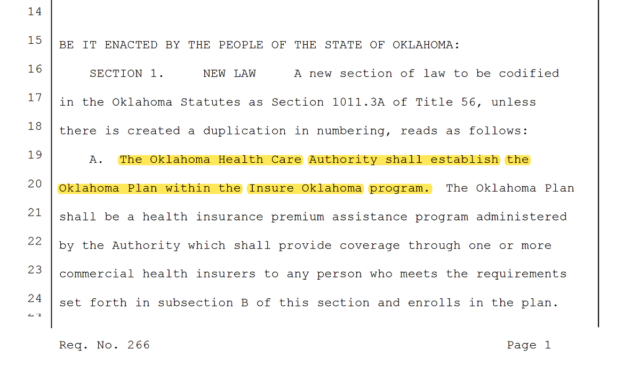

A Senate bill that would pursue Medicaid expansion by extending Insure Oklahoma coverage to more low-income Oklahomans advanced out of committee this morning.
Sen. Greg McCortney (R-Ada) authored SB 605. McCortney’s bill directs the Oklahoma Health Care Authority to pursue federal waivers allowing expansion of Insure Oklahoma, the state’s private-insurance subsidy program adults and families. Income eligibility levels would more than triple from the state’s traditional Medicaid program for able-bodied adults.
The bill passed the Senate Retirement and Insurance Committee by a 9-0 vote.
“We get to keep moving forward and trying to find the right path for not only people who need insurance but for the state of Oklahoma,” McCortney said after the committee meeting.
McCortney said the annual cost to Oklahoma would be about $141 million, adding that the federal government would chip in an estimated $1.2 billion.
McCortney said his bill differs from the Medicaid expansion other states have embarked on in recent years.
“We’re asking for a waiver,” McCortney said. “If this were a true Medicaid expansion, we wouldn’t have to ask for permission. What this would do is ask the Trump administration for a waiver to do this the way we want to do it, and in my mind that avoids a lot of the pitfalls other states have run into.”
If the bill is ultimately passed by the full Legislature and signed by Gov. Kevin Stitt, it could be more than a year before it takes effect.
“This is the start of a long process,” McCortney said.
Monday afternoon, Oklahoma Council of Public Affairs President Jonathan Small called SB 605’s advancement “disappointing” and warned of a future “liberal president” changing the rules of any waiver granted by the Trump administration.
“Annually, more than one million Oklahomans are on Medicaid. Oklahoma’s Medicaid population and costs have already exploded. If SB 605 becomes law, it will expose Oklahoma to potentially $321 million in new, required Oklahoma taxpayer spending annually,” Small said. “Just like the federal government did with teaching hospitals, historical Oklahoma FMAP rates, and Insure Oklahoma, it will eventually reduce its responsibility of any expansion and the next liberal president will gut any ‘Oklahoma Plan’ just as the Obama administration gutted Insure Oklahoma and hurled thousands of Oklahomans into the failed Obamacare exchanges.”
Oklahoma among minority
Oklahoma is one of 14 states that so far have not opted for expanded Medicaid coverage of low-income adults up to 138 percent of the federal poverty level. In the region, Texas, Kansas and Missouri have also declined to expand Medicaid. (Montana’s expanded program is in peril.)
There is currently a $9-to-$1 federal-to-state match, but Stitt expressed concern about that arrangement during his State of the State address.
“While Medicaid expansion currently stops at a 90 percent federal match, we cannot assume that it will remain this high forever,” Stitt said Feb. 4.
Called SoonerCare in Oklahoma, Medicaid is a health insurance program for low-income families or disabled individuals. It’s funded primarily by the federal government and administered at the state level.
About 74 million Americans were on Medicaid as of 2017.
RELATED
Editorial: Medicaid expansion ballot initiative gets GOP’s attention by Tres Savage
(Update: This story was updated at 3:20 p.m. Monday, Feb. 18, to include comment from Jonathan Small. It was also updated at 9:07 a.m. Tuesday, Feb. 19, to correct a typo.)









